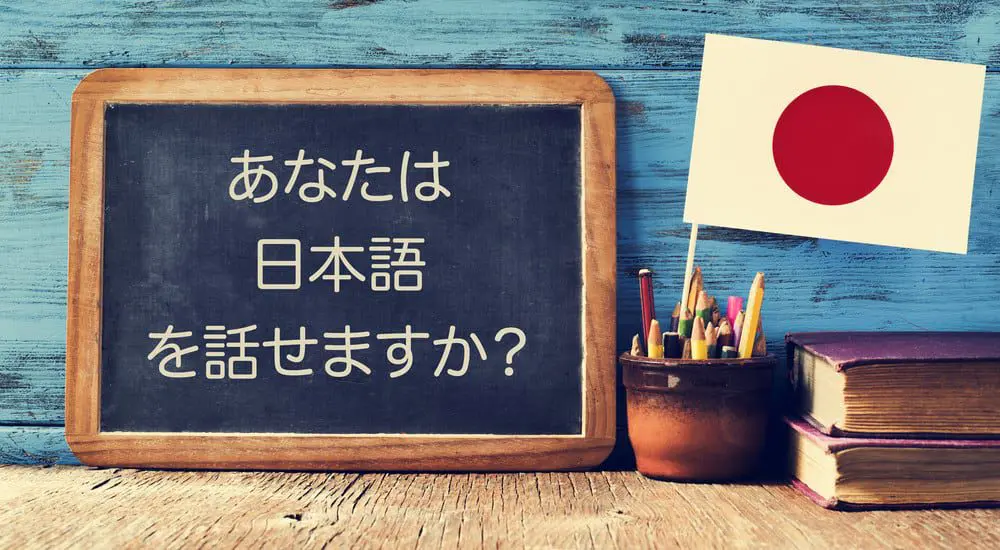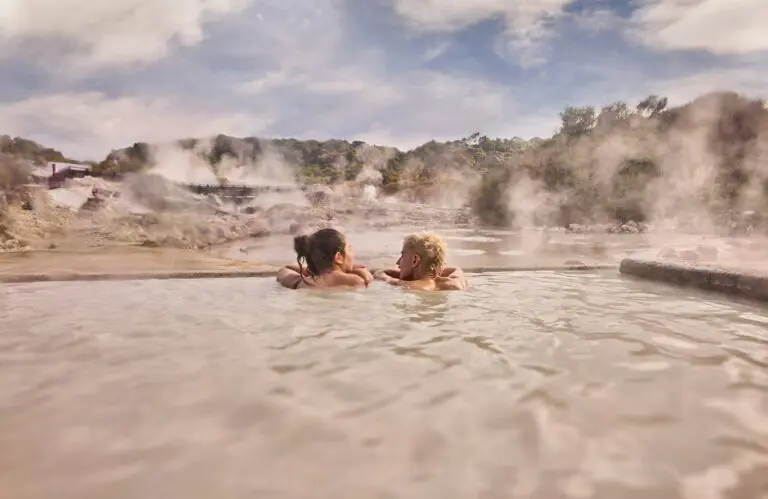You don’t have to be fluent in Japanese to travel to the Land of the Rising Sun. In fact, you don’t even have to speak a word of it. But it does help to know a handful of basic phrases.
Because it will make your time in Japan that much more enjoyable, and you’ll be amazed at just how far a little Japanese can take you when shopping, dining and getting around in the Land of the Rising Sun.
So are you ready to get your Japanese on?
Make sure you read until the end where you can find out how you can win a spot on an amazing famil to Japan hosted by JNTO.
1. When asking for something…
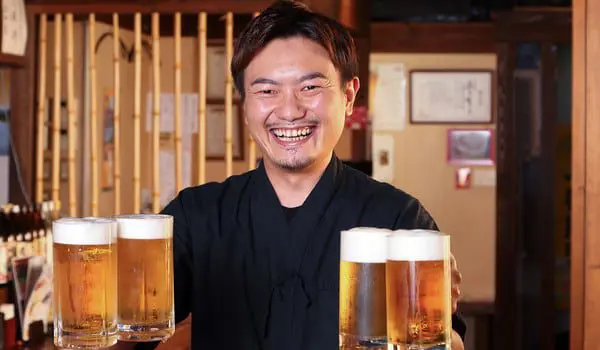
Whether it’s a beer or another bowl of delicious ramen, this simple phrase will help you get what you want:
_____ o kudasai
Translation: ____, please.
Simply fill in the blank with the item you’re after, and you’ve just requested that item. Easy huh?
This phrase can be used in a variety of situations, from the bar to the restaurant.
Examples:
Biiru o kudasai = Beer, please. (Please give me beer).
O-mizu o kudasai = Water, please. (Please give me water).
2. When you want to know the price of something…
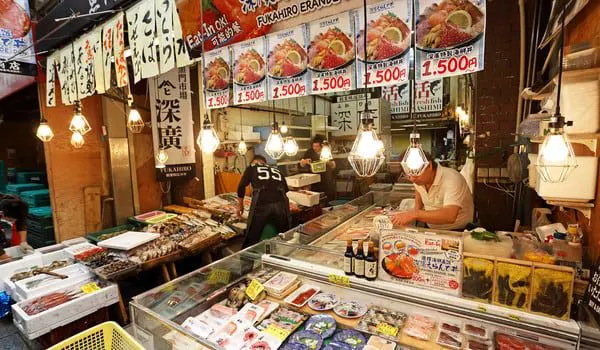
To know the price of an item you’re thinking of buying, simply utter this phrase:
Ikura desu ka? (While pointing to the item)
Translation: How much? (How much is this particular item I’m pointing to?)
You can buy ANYTHING in Japan, from the latest gadgets in modern Tokyo to the finest bottle of Japanese sake in traditional Kyoto.
3. When saying you can’t eat something…

If you’re vegetarian or gluten intolerant, these two phrases will prove to be very useful to you in Japan:
_____ ga taberemasen
Translation: I can’t eat _______
_______ no arerugi ga arimasu
Translation: I’m allergic to _______
Insert the type of food you can’t eat into these blanks and you’ve just said you can’t eat that particular dish or that you’re allergic to it.
Now who said Japanese was difficult?!
Examples:
Namazakana ga taberemasen = I can’t eat raw fish.
Butaniku ga taberemasen = I can’t eat pork.
Guruten no arerugi ga arimasu = I’m allergic to gluten.
Nuts no arerugi ga arimasu = I’m allergic to nuts.
4. When you want to express your reaction to something…

Just like the song says, you definitely should “express yourself” when travelling in Japan.
Utter these bad boys and you’re guaranteed to break the ice and make your Japanese host smile!
Suteki! = How wonderful!
Kawaii! = How cute!
Kanpai = Cheers!
Oishii / Umai! = How delicious! (Note: Umai is a lot more casual and used more often by young people)
Sugoi! = Awesome!
5. When asking if something exists or if they have something…
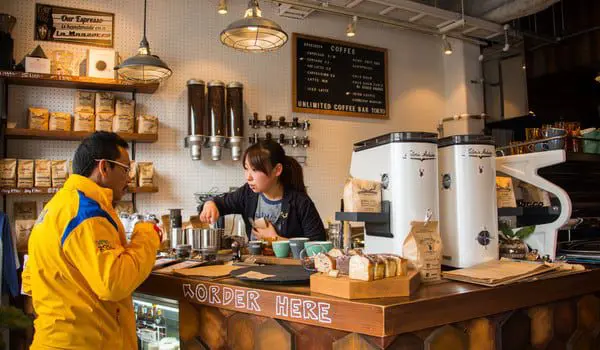
Use this phrase when you want to know if a store or hotel has something in particular:
_____ wa arimasu ka?
Translation: Is there/do you have ______?
This phrase can be used in many different situations.
Examples:
Toire wa arimasu ka? = Is there a toilet?
Wi-Fi wa arimasu ka? = Do you have Wi-Fi?
L-Size wa arimasu ka? = Do you have L-size? (Does this come in a large?)
WIN A PLACE ON A JAPAN FAMIL
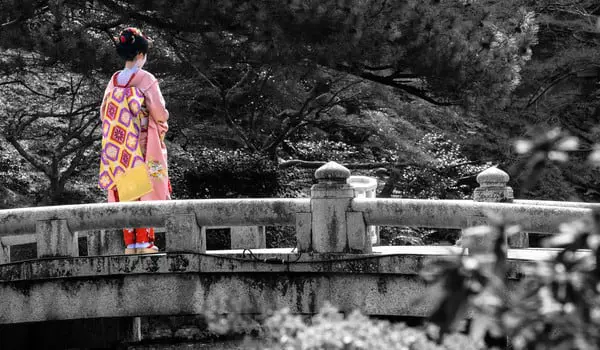
JNTO are giving twenty Travel Agents the chance to WIN a place on two famils to Japan later this year to explore the unique country first hand.
Both famils will see the Travel Agents explore both Tokyo and Kyoto with the first famil running between 16th – 22nd October, 2016 and the second famil running between 23rd – 29th October, 2016.
For your chance to be in the draw for a spot on either of these famils please visit https://elearning.jnto.org.au and complete the e-learning program.
The competition ends on the 15th August, 2016.
This article was brought to you by:



